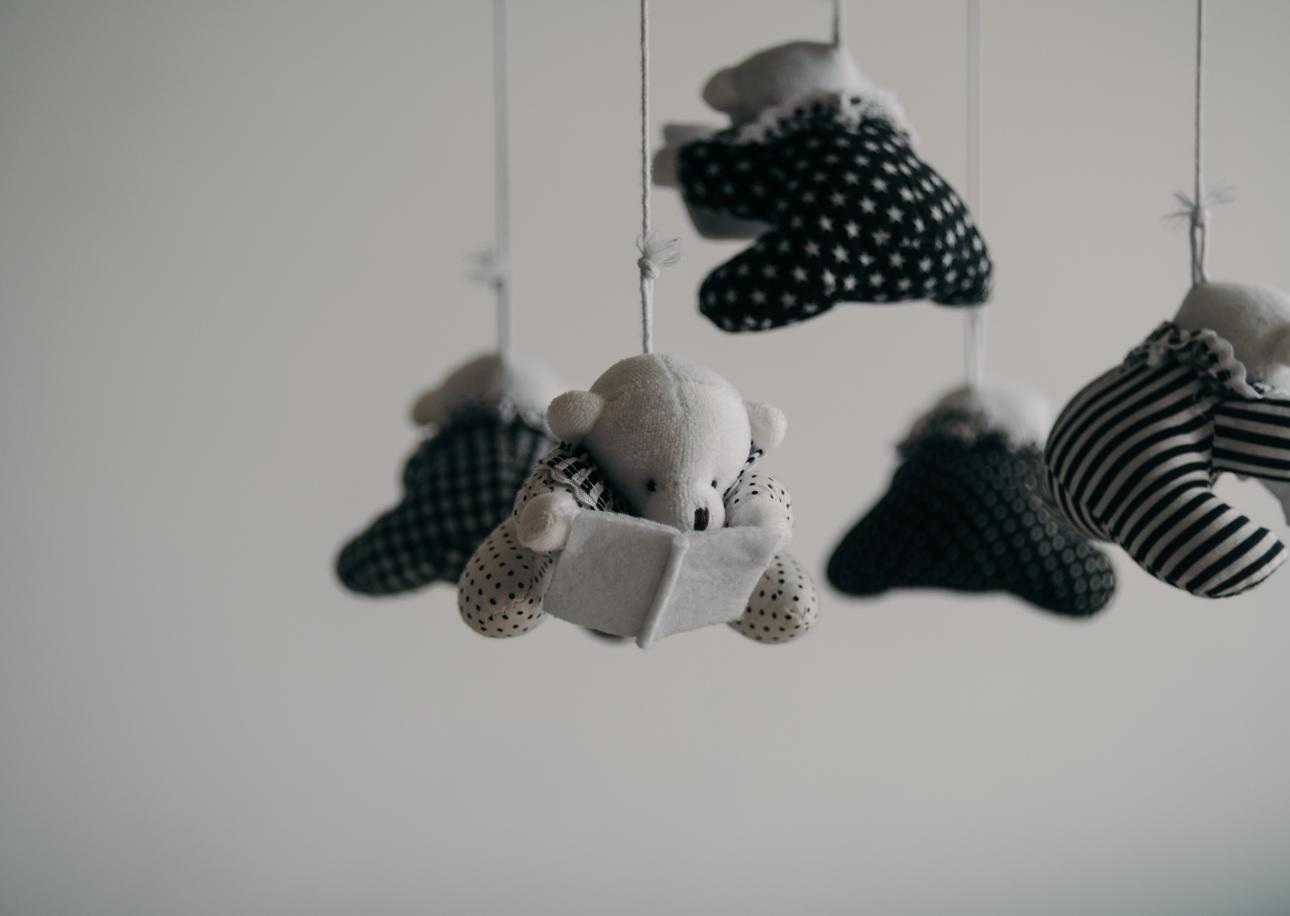Gentlemen’s Guide: Bangkok’s 5 Best Barber Shops
These top 5 barber shops in Bangkok are where gentlemen can elevate ...

As women, there are a lot of societal expectations of how we should look, think, and conduct ourselves in order to be considered “likable” rather than “off-putting”. Women should dress in feminine ways and be soft and nurturing, while men are expected to be strong and bold. Above all, there’s one particular constant, clear-cut expectation that prevails: not only are women supposed to have children, they’re supposed to want to have children.
It’s a belief that encourages women to hold one another accountable to the belief, resulting in even more insistent responses from women than from men. Women see a disinterest in children as an invitation to convince otherwise. These deeply personal conversations, often disguised as small talk, present themselves too often. “When are you getting married?”, “When are you having children?”, “You’re still young, you’ll change your mind”, or even “You’ll regret it when you get older.” Ultimately, it’s informed by a narrow social construct of what a woman needs in order to feel whole and to be seen as a successful member of the gender. Child-free women are perceived in a negative light, whether they are child-free by choice or by circumstance.
The tireless stereotype of women holding onto the dream of nurturing a child might be accurate for some women, but surely not for all. The truth is: not all women are programmed with a maternal instinct, and it’s about time for that to be accepted within our social narrative. In fact, one in five women in the United States will not have a biological child, according to the Office of National Statistics. More than half of the women in England and Wales born in 1990 had no kids when they turned 30 in 2020, becoming the first generation to reach this figure. In 1971, just 18% of women at the age of 30 didn’t have children, today the figure has risen to 50%.
When it comes to discussions of childlessness, insults offered to women include being selfish, heartless, or even being considered narcissists. Even Pope Francis has joined in the controversy, with his quote: “Today … we see a form of selfishness. We see that some people do not want to have a child. Sometimes they have one, and that’s it, but they have dogs and cats that take the place of children. This may make people laugh but it is a reality.” He basically denounced people opting for pets over babies as selfish. But when you really think about it, having kids without a desire to care for them is significantly more selfish than knowing you don’t want kids, and not having them.
There are countless reasons a woman might want to refrain from motherhood—the risk of passing on hereditary illness, access to resources, concern about overpopulation, financial concerns, or environmental factors. According to a Swedish study, one fewer child per family could save approximately 58.6 metric tons of carbon each year. Not to mention the fact that there are nearly 424,000 children in the foster care system on any given day, and that’s just in the United States.
While it’s true that women possess the amazing ability to create life, that doesn’t mean it has to be her sole purpose. These expectations, and the pressure to conform to these standards, could even affect her mental health. A woman’s value should never be determined by whether or not she wants a child, because there is no one way to be a woman. There are endless paths to happiness, and they all look very different for everyone. The real question is, if society can respect women who want children, why can’t society also respect the women who choose not to have children by choice?
These top 5 barber shops in Bangkok are where gentlemen can elevate ...
In a cinematic landscape saturated with remakes, reboots and sequels, you might ...
While traditional TV shows are serving us endless boy-meets-girl tales. Thailand has ...
Must-have gadgets for kids in the Y2K are, predictably, making a comeback ...
Stay ahead of the curve with these three must-visit new restaurants in ...
See how Kim Steppé’s early passions, family values and entrepreneurial spirit continue ...
Wee use cookies to deliver your best experience on our website. By using our website, you consent to our cookies in accordance with our cookies policy and privacy policy